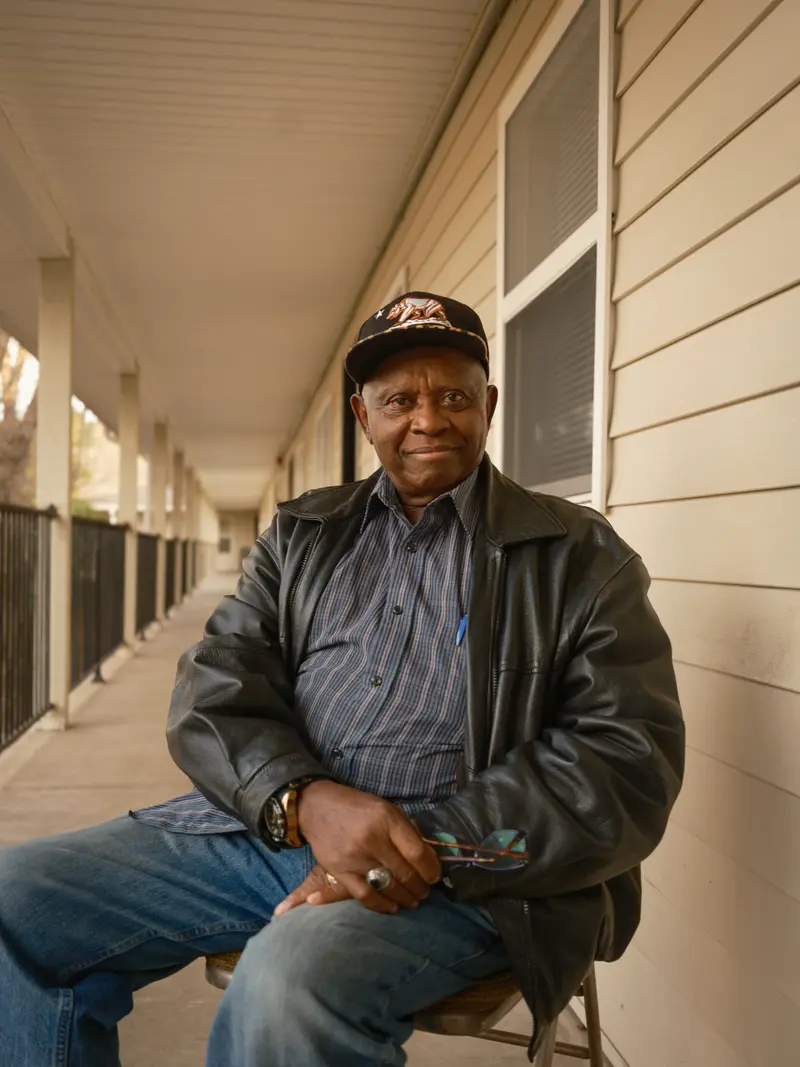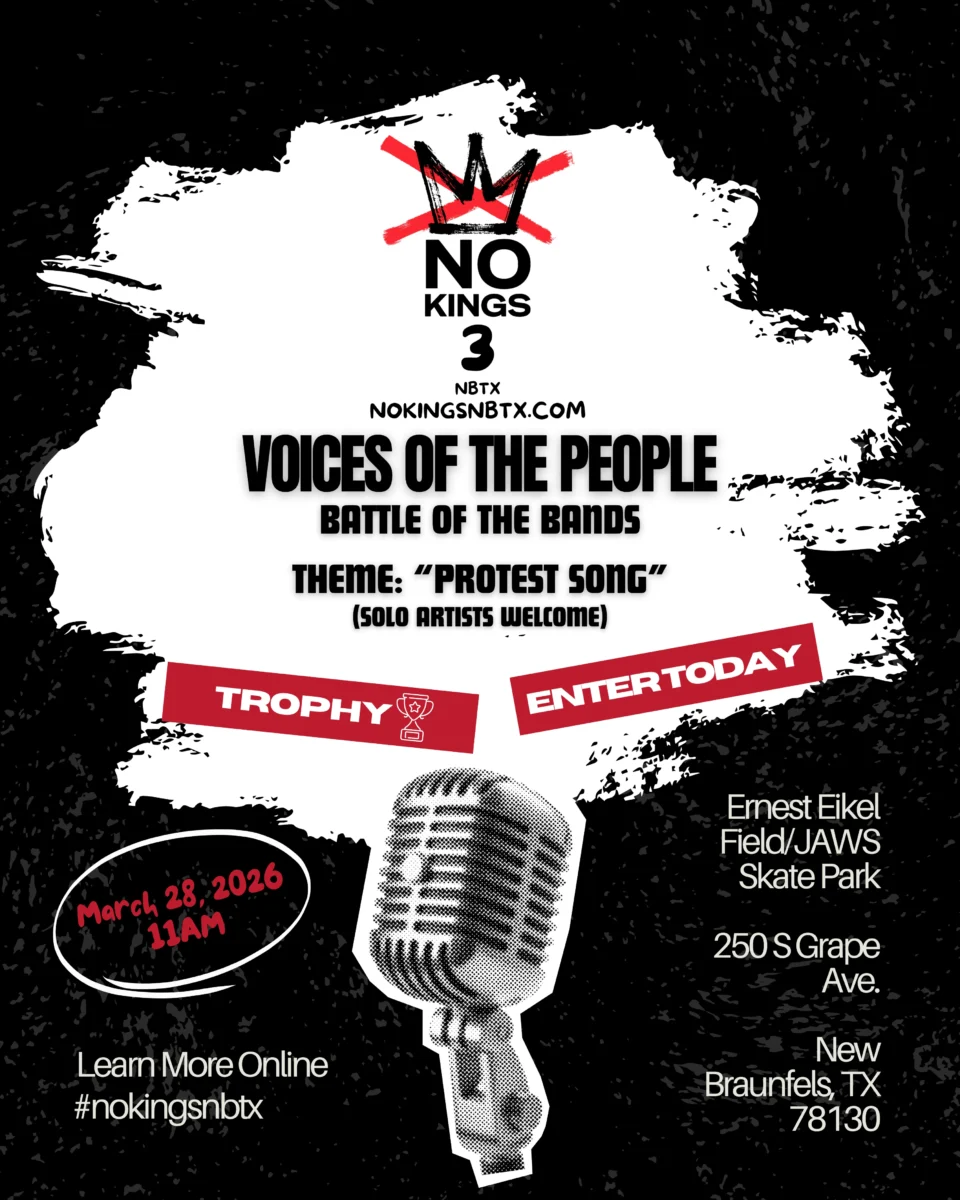
Checking Facts in a Post-Truth World
April 15, 2025
Two Months After Trump’s Funding Cuts, a Nonprofit Struggles to Support Refugees and Itself
April 15, 2025IN A COUPLE OF MONTHS, I’m planning a business trip to Europe. I don’t scare easy, but despite the fact that I’m an American citizen and have committed no crime, I am worried about what might happen when I attempt to come home.
Will Customs and Border Patrol agents pull me from the customs line as they did to Amir Makled? He’s an American citizen too, a lawyer born and raised in Detroit who was returning from a vacation in the Dominican Republic. But he happens to represent a pro-Palestinian student protester. CBP detained Makled and demanded access to his phone.
If you’re thinking, No problem, if that happened to me, I’d demand to see a warrant, you’d be wrong. Even citizens do not have the same Fourth Amendment rights at the border that they (theoretically) enjoy inside the country. CPB can demand to examine your phone or laptop under authority to search for child pornography, drug smuggling, human smuggling, and other suspected crimes. Last month, a French scientist was denied entry into the United States because border guards searched his phone and found texts critical of Trump—and speaking ill of the Dear Leader is close to becoming a crime in the United States. If you refuse to hand over and unlock your device, they can confiscate it and prolong your detention and questioning. Makled was held for two hours before being released.
The European Commission has just announced that it is issuing burner phones to officials traveling to the United States, a measure usually restricted to countries like China or Russia.
Well, you may say, they might harass you at the airport for being a Trump critic, but that’s a nuisance, not a true threat. That’s probably right, not because they respect the Constitution or basic decency, but because if they’re going to start arresting Trump critics they have bigger fish to fry.
And yet, consider that Trump is now openly speculating on sending “home-grown,” U.S.-citizen criminals to the Salvadoran gulag. At his Monday meeting in the Oval Office with strongman Nayib Bukele, while beaming at Bukele’s refusal to return the wrongly deported Kilmar Abrego Garcia, Trump mused about expanding El Salvador’s prisons to include American citizens, saying that some of our criminals are just as bad as immigrants and that “I’m all for it.” He floated this idea while his government is actively defying court orders to give the wrongfully deported Abrego Garcia a chance to enjoy due process. If they can do it to him, is it inconceivable that they’d do it to me?
There are too many layers of outrage here to unpack, but let’s just note that even agreeing to send accused (not convicted) illegal aliens to Salvadoran custody violates basic rights, and so much more so for probably innocent immigrants like Abrego Garcia and Andry José Hernández Romero, the Venezuelan makeup artist who found himself in that hellhole because of his tattoo. By one estimate, 90 percent of those deported to El Salvador had no criminal records. Bukele is famous for contemptuously disregarding human rights. Prisoners are held in inhumane conditions, stacked on metal bunks with no bedding 23 ½ hours per day, subject to torture and summary executions. We are outsourcing torture and murder. What kind of president, what kind of political party, can look at that with satisfaction?
Trump and his team claim that those deported were hardened criminals. But we know that many were not, and at least in the case of Abrego Garcia, a judge had found that he had a credible fear of persecution if returned to El Salvador. Any reasonable government would apologize and tell Bukele to cough him up. But these people are indifferent to innocence.
LET’S ALSO TAKE NOTE of President Trump’s expansive concept of criminality. Last week, he went beyond using the justice system to reward friends (as he did when pardoning the January 6th rioters and dropping charges against Eric Adams) and moved into the more ominous territory of targeting foes. In two memos, he instructed government lawyers to open investigations of officials from the first Trump administration, Chris Krebs and Miles Taylor.
Krebs, as the director of the new Cybersecurity and Infrastructure Security Agency during Trump’s first term, committed the unpardonable sin of affirming that there was no widespread fraud in the 2020 election. Last week, in a flagrantly Orwellian memorandum, Trump declared that Krebs “falsely and baselessly denied that the 2020 election was rigged and stolen.” He then directed the attorney general and other officials to scour the record to see if they can find instances of misconduct on Krebs’s part. This not only violates the semi-sacred separation between the White House and the Justice Department; it is reminiscent of Joseph Stalin’s hatchetman Lavrenti Beria’s dictum: “Show me the man and I will find the crime.”
Trump’s memorandum on Miles Taylor—who as chief of staff of the Department of Homeland Security in the first Trump administration penned the “Anonymous” New York Times piece in 2018 assuring readers that some insiders were attempting to restrain the president’s worst instincts—went even further, accusing Taylor of sowing “chaos and distrust in government” and closing with an accusation of treason.
The prosecutorial power of the state is vast. Even without a conviction, even without an indictment, a criminal investigation can upend a person’s life and potentially bankrupt them with legal costs. In the Anglo-American tradition, the danger of overweening state power is cabined in many ways: the requirement of a grand jury, the presumption of innocence, the right to trial by jury, the ban on star chambers, and many other protections. But these all rest ultimately on the public’s sense of fairness and what’s right.
Back to the airport example. Let’s assume that someone in the Trump administration decides to harass me. They could invent a crime. They could say that I had spread the “false and baseless” claim that the 2020 election was not stolen and therefore sowed “chaos and distrust in government.” Or they could become fanciful and allege that I have terrorist ties, as they said about Rumeysa Öztürk, the Turkish grad student who was hustled off the streets of Somerville, Massachusetts. What then?
Republican members of Congress, if asked about my detention, would say that “We have to trust the president’s instincts.” The Wall Street Journal editorial page would say that this is not ideal because just think of what Democrats might do with this power. And the right-wing media would dredge up every critical word I’ve ever written about Trump to show that, after all, I had it coming.
Would I be able to consult a lawyer? Fortunately, I’m married to one. But I wouldn’t be able to count on legal advice from many of the big firms who are doffing their caps to the president.
I love to travel but I love to return home even more. The sight of the Stars and Stripes at the airport never fails to move me as I proudly line up in the American passport-holders lane. The flag meant home—but it also meant decency and ironclad adherence to the law.
Meant.
Great Job Mona Charen & the Team @ The Bulwark Source link for sharing this story.






